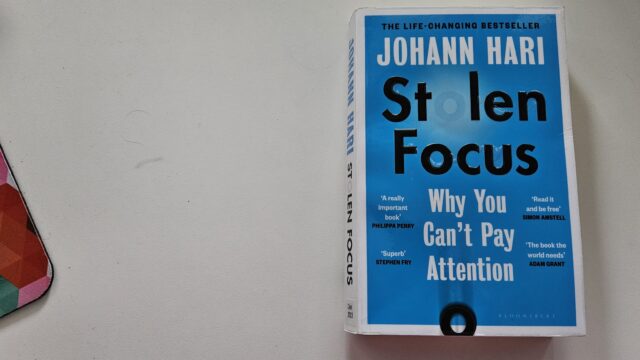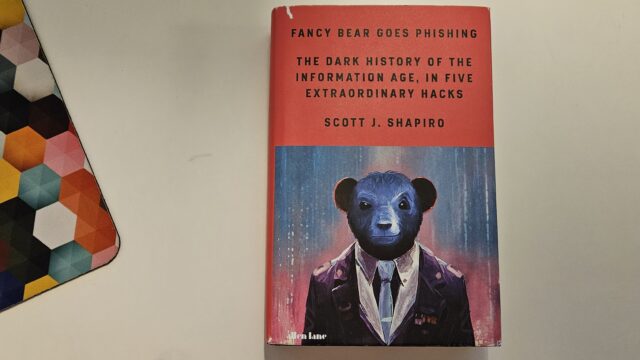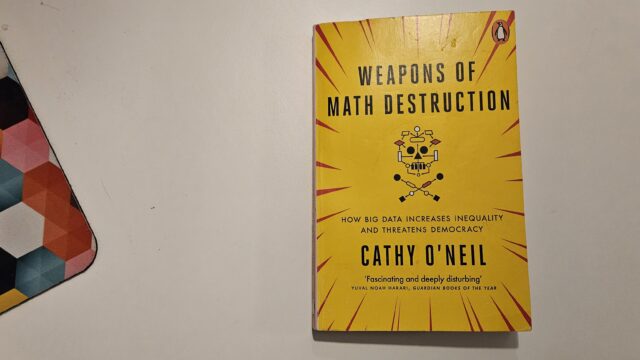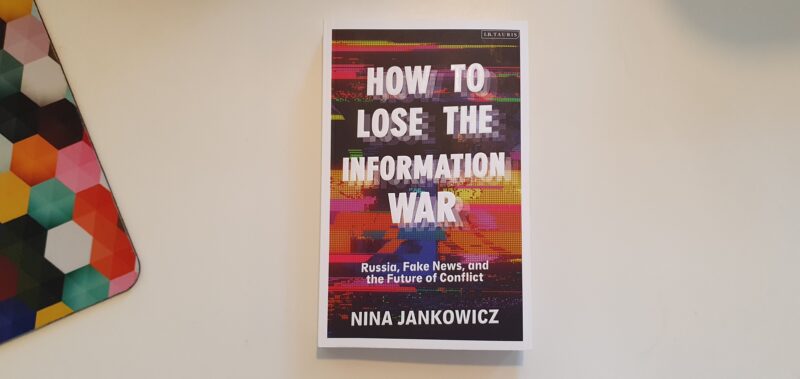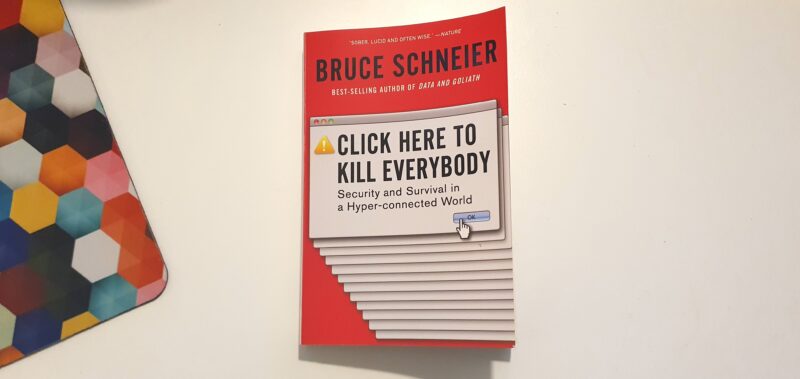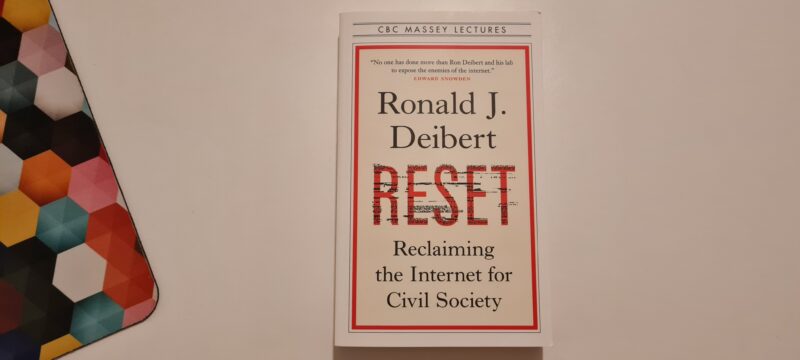It is truly amazing and astounding how governments and law enforcement never seem to comprehend the implications of centralised data collection.
The Swedish government (both former the Social democratic and Green party government and current rightwing government) have been investigating backdoors into encrypted Internet services, such as Signal. Law enforcement, both police and the security police, are to use these backdoors to survey and prevent crime, is the main argument. Signal claims it will leave Sweden if this becomes law, and even the Swedish Armed Forces are critical.
To create a database of repository of highly coveted data, personal data in particular, is really risky business. Secondly, you will create backdoors to that data. Those two, in themselves, create a honey pot, desired by state, corporate and rogue (gangs of people non-affiliated with the other two) powers alike. Meanwhile, normal messaging remains weak, so what choices do people have to not be surveyed by malicious actors?
Law enforcement and surveillance agencies will not want to curtail their powers, but expand them instead. Backdoors, cybersecurity, cyberespionage and sabotage are simply ignored.
Chase corporations. Chase criminals. Not everyone else.
Also happening: centralised AI and AI sycophancy
Simultaneously, OpenAI is interested in entering the world of social media and become a social media corporation, besides the rumours of creating some sort of device with the help of Jony Ive. Noteworthy is how Sam Altman is also engaged in another corporation, named World, with the aim of offering retina scan and verification, linked to other systems.
Meta stands accused of allowing chatbots to communicate on sexual themes with minors. Ask yourself: would you want to work at Facebook or Instagram, offering sexual conversations with children? Why not end up chatting sex with Zuckerberg himself? However, we all know this would be preposterous and absurd. When it comes to chatbots, it somehow seems alright. Zuckerberg himself seems alright with this approach.
AI Acceleration
As with the cigarette industry, social media and AI corporations will pursue this at very high costs. Few things will hinder them, especially in the Trump era, where regulations are thrown out the windows (in the Russian Federation, people are thrown out the windows), AI “acceleration” taking precedence. In February, Ass Vance made a fool of himself on stage, proclaiming that AI acceleration is the future, and that the European Union is regulating AI too much. As with social media, the US will show the way with decline and internal strife more than the EU. Ass Vance claimed that no jobs will be lost.
Meanwhile, Dario Amodei of Anthropic asserts that artificial intelligence can increase job loss in the near future. Different CEOs also expect to employ less people in the near future. Numbers need to be taken with a grain of salt. However, to simply proclaim AI will not affect the labour market might very well bite his Ass in the end.
